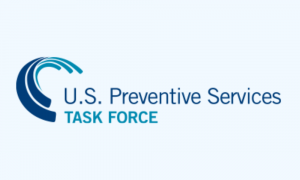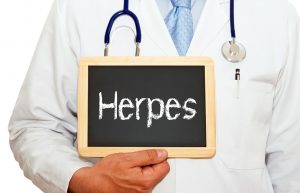
Fast facts about Herpes (Herpes Simplex Virus)
Herpes is a very common viral infection caused by herpes simplex virus (HSV). I can cause sores on the mouth or face or in the genital area. Herpes cannot be cured, but it can be treated.
The need for a herpes vaccine is clear: about half a billion people worldwide between the ages of 15-49 have genital herpes infection caused by either HSV-1 or HSV-2, according to the World Health Organization (WHO). In the United States alone, an estimated 1 in 6 adults have genital herpes, with around 300,000 new infections diagnosed each year.
While HSV is typically a mild infection, there are potential health risks associated with it, including neonatal herpes, a serious and sometimes fatal condition that occurs when HSV is passed to an infant during delivery. Another concern is the increased risk of HIV infection. The risk of getting HIV (if exposed) is increased 2-3 fold for someone with genital HSV-2 infection.
Researchers have been working on developing herpes vaccines for decades. There have been a number of clinical trials aimed at testing both therapeutic (intended to reduce recurrences and viral shedding in people who are already infected with HSV) and preventive (designed to prevent infection) vaccine candidates.
Before a treatment regimen or vaccine can become standard, it must go through a clinical trial. Clinical trials test if a potential treatment or vaccine is safe and effective in humans. Clinical trials go through a series of phases, starting with a smaller group of patients and expanding to a much larger group.
There are currently both preventive and therapeutic vaccines under development. While the primary focus is on HSV-2, the primary cause of genital infection, HSV-2 vaccines may also have benefits in preventing or treating HSV-1 infection. In addition to work being done in the preclinical stage, there are several vaccines in clinical trials.
More information on recent and ongoing clinical trials can be found at:
For more on herpes vaccine development, see this article.

Herpes is a very common viral infection caused by herpes simplex virus (HSV). I can cause sores on the mouth or face or in the genital area. Herpes cannot be cured, but it can be treated.

The STI National Plan has now been amended to add genital herpes as a priority.

In this two-part episode of ASHA’s Sex+Health podcast, Terri Warren, RN, ANP explains many approaches to diagnosing herpes as well as strategies to effectively manage herpes in a relationship and deal with the emotional aspects of the diagnosis.

The U.S. Preventative Service Task Force (USPSTF) has advised against routine screening for herpes in adolescents, adults, and pregnant women.

Think you can tell that a rash or sore is a genital herpes infection just by looking at it? If you said “no,” you’re right. You can’t. And neither can your healthcare provider.

Support groups provide information and allow participants to share experiences, fears, and feelings with others who are concerned about herpes.

The best way for couples to deal with herpes is to talk about it openly and make decisions together. So what’s the best way to start the conversation?

Herpes may raise strong emotional issues, especially in the first few weeks or months after a diagnosis. Some people initially feel embarrassment, shame, anger, or depression. The good news is that these emotions tend to fade away over time. Some studies have shown that even
ASHA believes that all people have the right to the information and services that will help them to have optimum sexual health. We envision a time when stigma is no longer associated with sexual health and our nation is united in its belief that sexuality is a normal, healthy, and positive aspect of human life.
ABOUT
GET INVOLVED
ASHA WEBSITES
GET HELP
© 2025 American Sexual Health Association